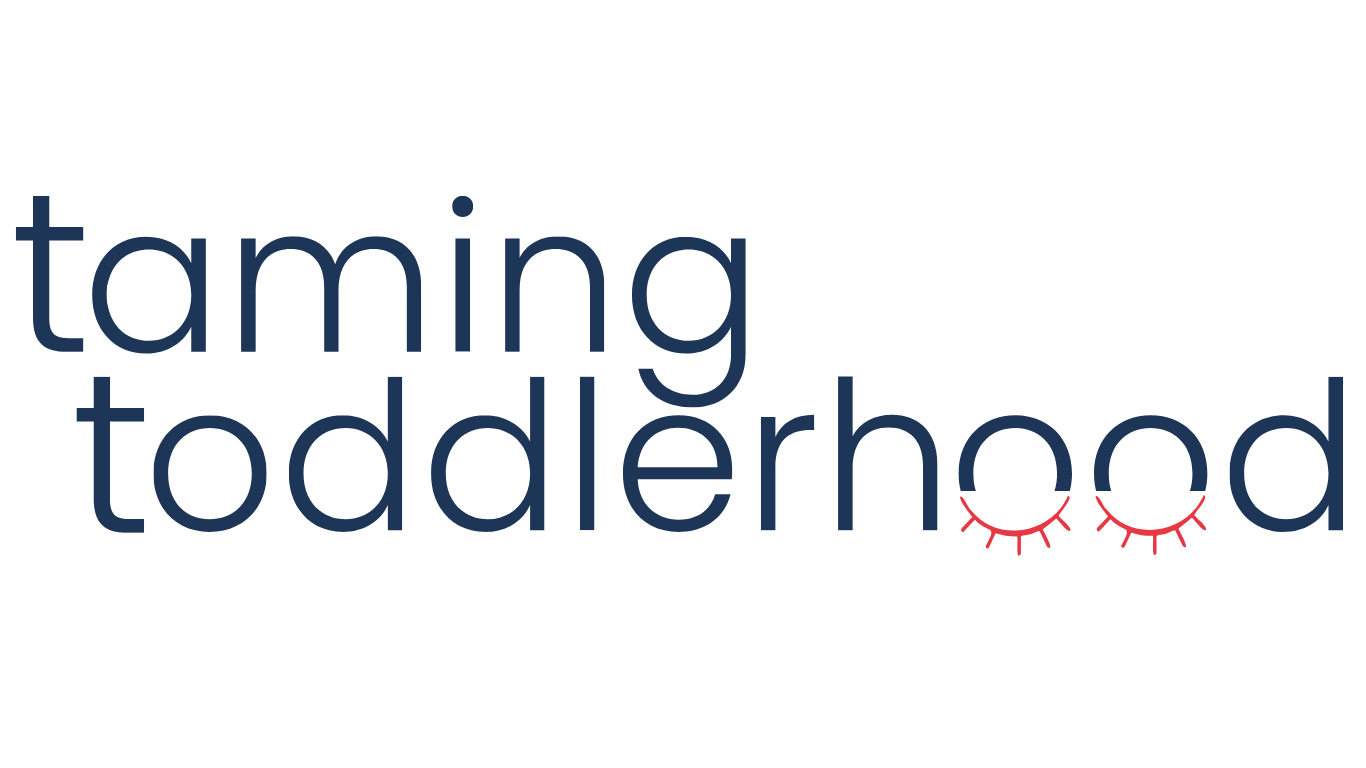
Let’s face it, toddler sleep can feel like one big guessing game. Are they getting enough? Are the naps too long? Is bedtime too late?
As a toddler sleep consultant (and a mum who’s been there!), I know how overwhelming it can feel. But understanding how much sleep your toddler actually needs can make your days smoother and your nights more peaceful.
On average, toddlers need between 11–14 hours of sleep in a 24-hour period. That includes nighttime sleep plus one or two naps, depending on their age and stage.
1–2 years old: Expect roughly 9–12 hours overnight, alongside 1–2 naps during the day—usually shifting toward a single nap by 18 months.
Younger toddlers (1–1.5 years) might still grab two shorter naps, while older toddlers settle into one consistent nap. The key is flexibility as your child’s rhythm changes .
In my own house, I remember the drama when my toddler dropped that second nap right before I’d planned a Zoom call! But after a few wobbly days, we found our rhythm with one solid nap and a slightly earlier bedtime.
Not sure if your little one is overtired or under-slept? Look for:
Extra clinginess, meltdowns, or hyperactivity
Struggling to wake in the morning (or waking too early!)
Waking frequently at night
Skipping naps but becoming overtired by teatime
When my son went through a phase of 5 am wake-ups, it turned out he was overtired from too-late bedtimes and a short nap. A few simple changes made a huge difference.
Here’s what I recommend to families I work with, and what worked for my little ones, too:
Set a steady routine
Toddlers thrive on predictability. A regular nap and bedtime schedule builds security and helps their body clock do its thing.
Time naps wisely
Naps should split the day evenly to balance sleep pressure and avoid under/overtiredness at bedtime.
Create a sleepy space
Think cool, dark, quiet, and maybe a white noise machine and red night light, especially, if like me here in Manchester, there are older siblings or traffic outside.
Make bedtime easier
A wind-down routine with a bath, book and snuggles cues their brain for sleep. I still remember my daughter insisting on the exact same three books for six months straight!
Watch for overtiredness
Ironically, overtired toddlers don’t sleep better—they usually sleep worse. Look for the sweet spot when they’re drowsy but not wired.
Split nights, bedtime battles, or constant wake-ups? You’re not alone. Most of the time, it comes down to timing of naps, bedtime, light exposure, and activity.
A recent client’s 2-year-old was waking every night at 2 am, ready to play. Once we shifted the nap slightly and moved bedtime a little later, he was sleeping through again within days.
Separation anxiety is another big sleep wobbler. Toddlers crave connection, especially at bedtime. Sometimes just slowing down, offering a few extra cuddles, and adding predictability to the routine is enough to make them feel safe.
Imagine:
A toddler yawning, snuggling into bed after a 60‑90‑minute nap
Waking up refreshed, not too early, and not cranky
Understanding and respecting your child’s natural toddler sleep needs helps nurture peaceful evenings and happier days, for them and you.
Sleep isn’t linear and toddlers don’t read the rule books. But with the right info, a bit of patience, and support if you need it, you can find a rhythm that works for your family.
If you’re struggling with naps, early mornings, or anything in between, know this: you’re not failing. You’re learning alongside your toddler, and that’s exactly how it’s meant to be.
Want help figuring out what’s going on with your toddler’s sleep? I offer 1:1 troubleshooting calls and a full support programme to guide you through it all.
📩 Just reach out—or head to the Taming Toddlerhood homepage to find out more.
